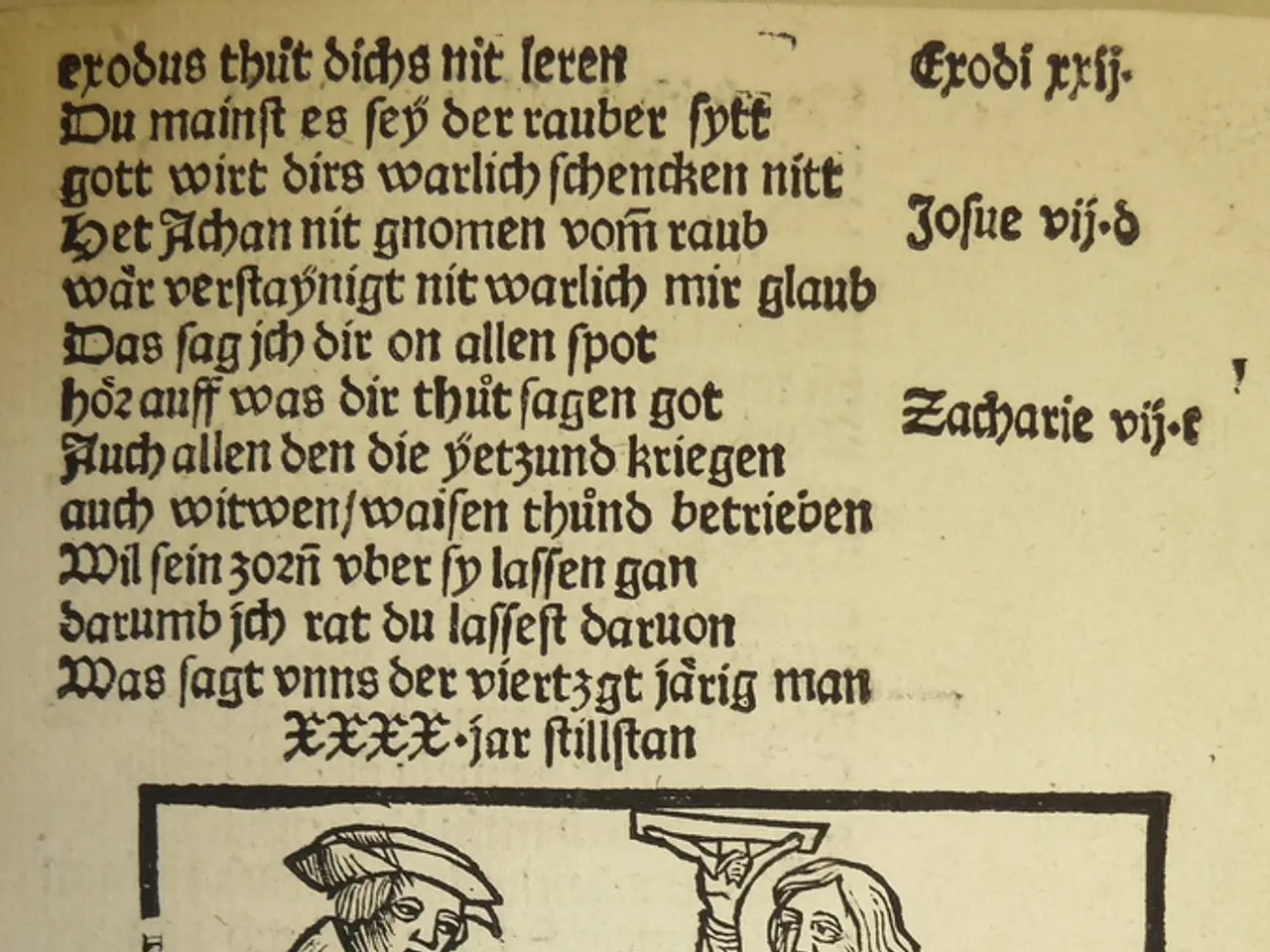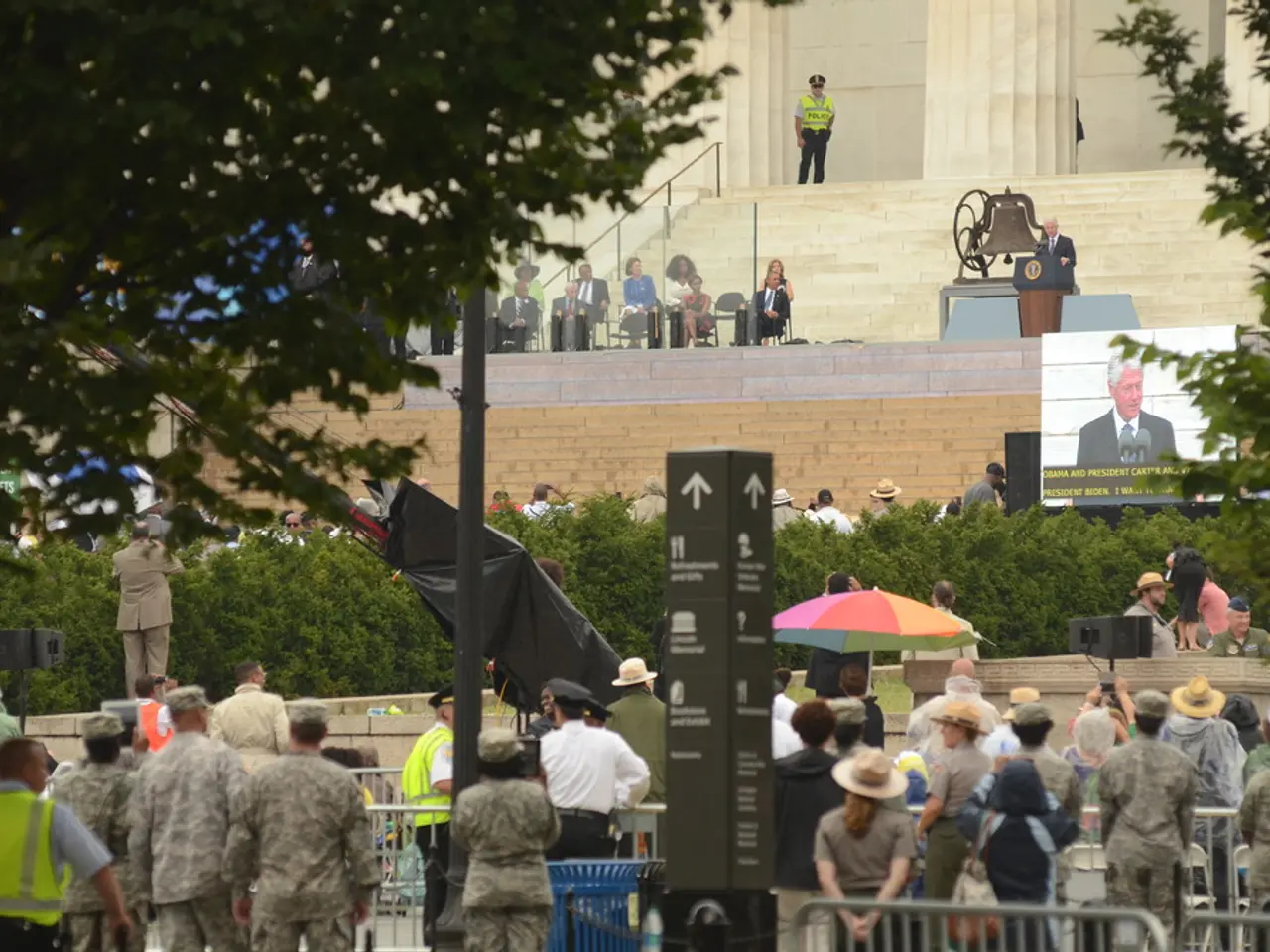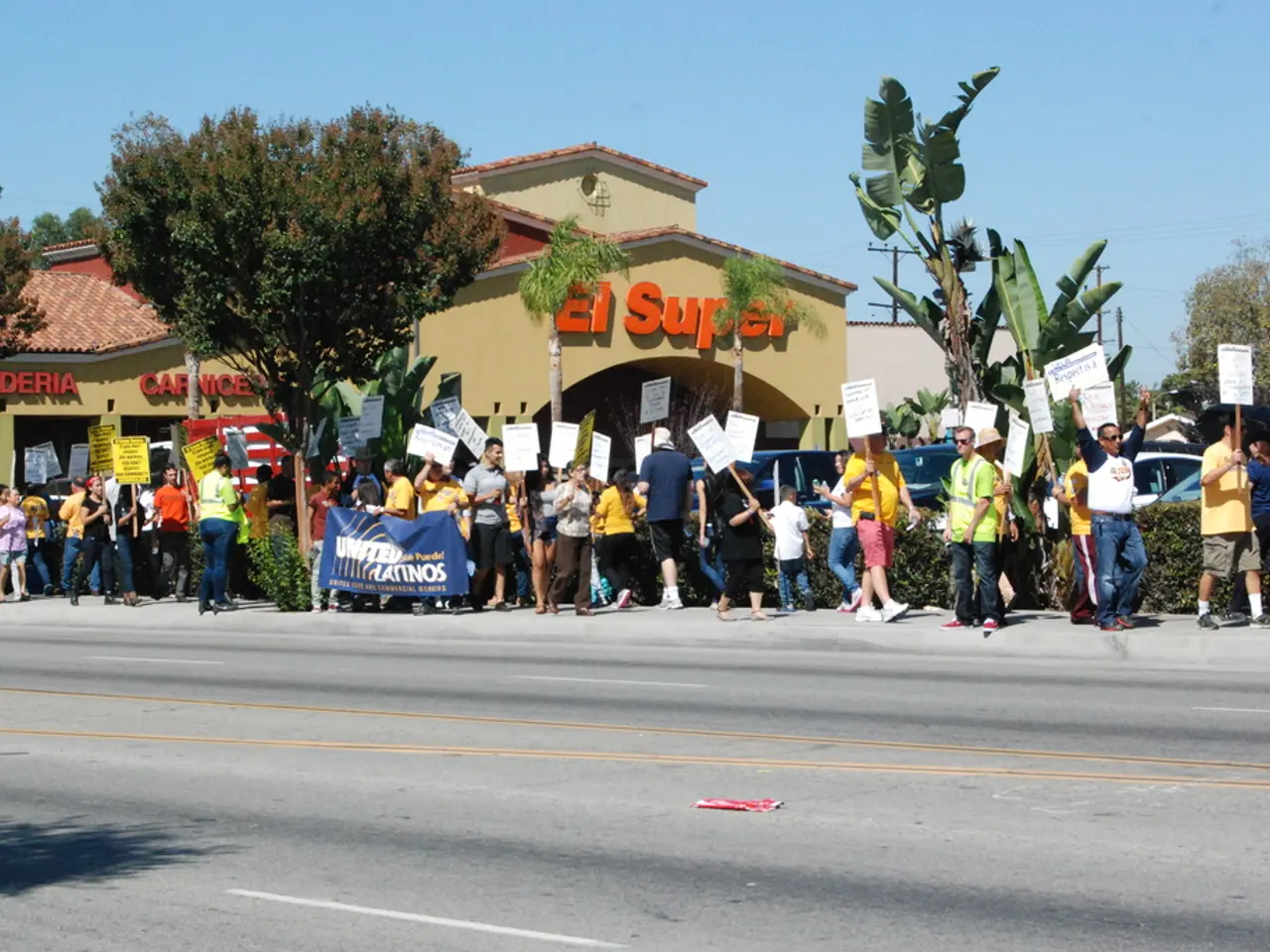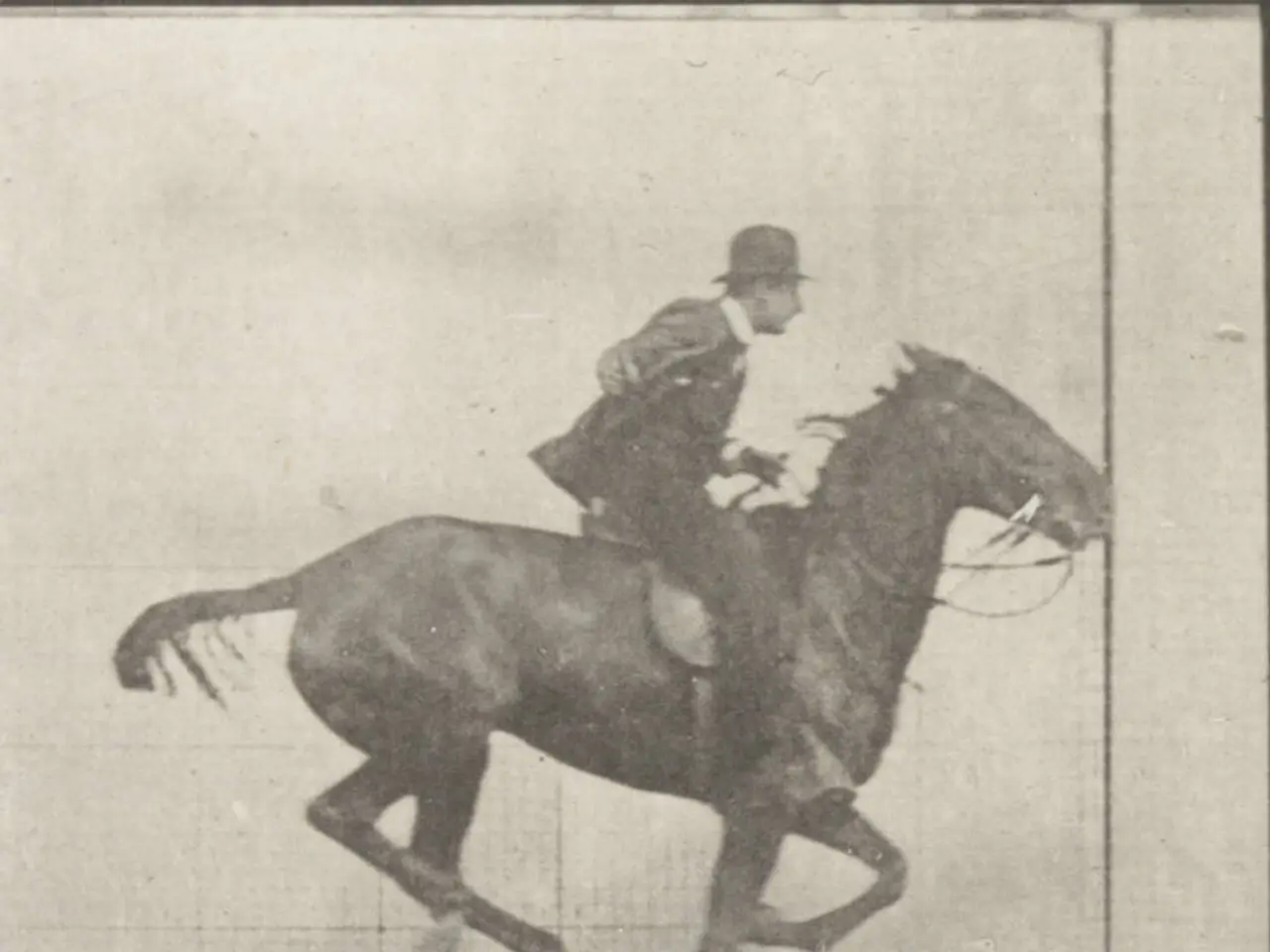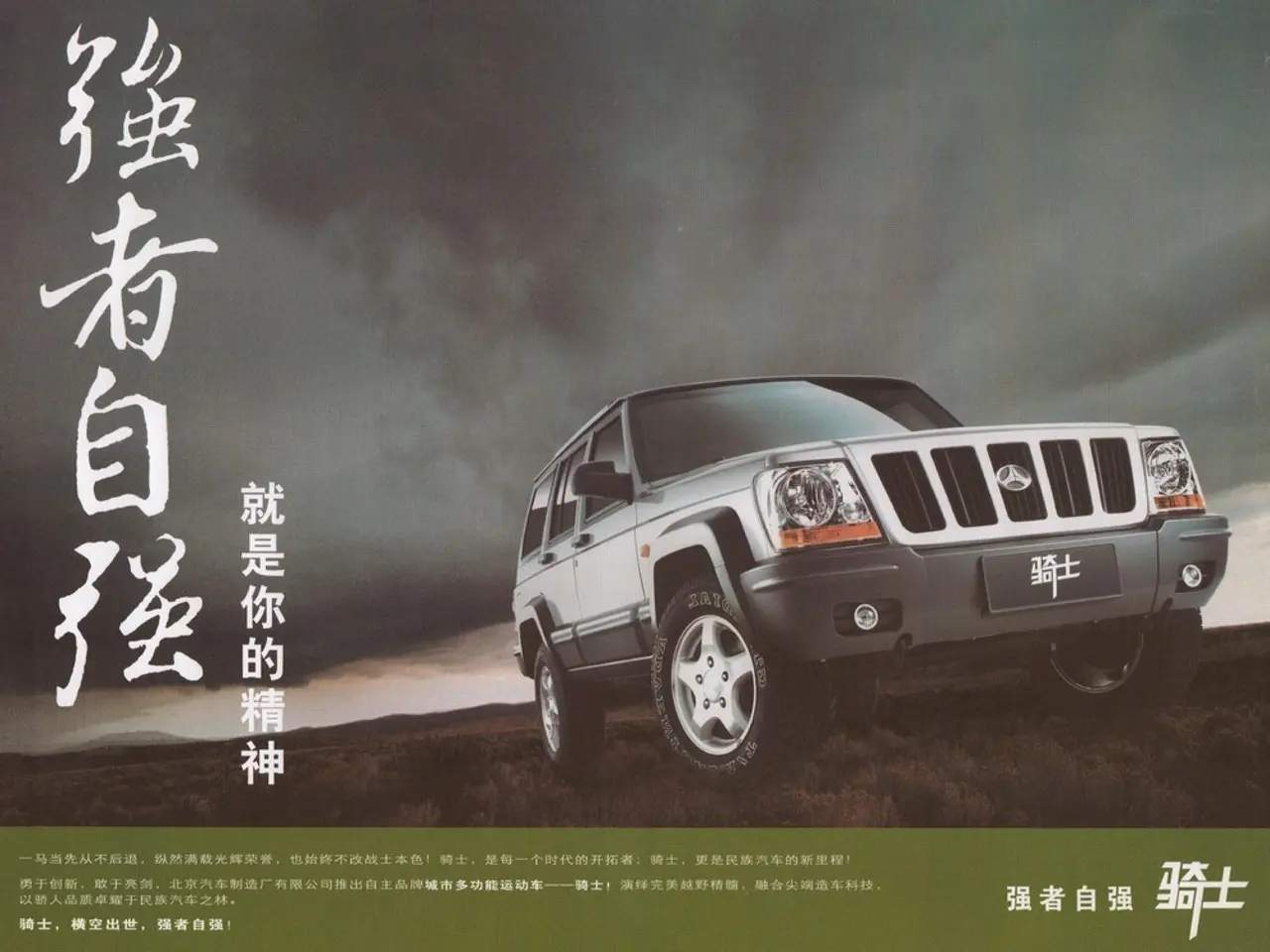Top 10 Historic Mishaps in Translation
In the intricate dance of global diplomacy, commerce, and technology, the art of translation plays a crucial role. However, as the following examples demonstrate, even the smallest misstep in translation can lead to catastrophic consequences.
One of the most infamous instances of translation errors occurred during Justin Trudeau's speech at the White House in 2021, where several phrases were lost in translation, causing confusion during the broadcast on ABC News. This incident underscores the importance of precise and accurate translation, even in the most mundane of settings.
Looking back at history, we find several instances where translation errors have had far-reaching implications. The Hiroshima bombing, for example, may have been influenced by a mistranslation of the Japanese Prime Minister's response to the terms of a declaration of surrender by the Allied countries. The response was interpreted as "treating it with silent contempt," which may have hardened the resolve of the Allied powers to use the atomic bomb.
The Treaty of Waitangi, signed in 1840 between the British Crown and the Maori people of New Zealand, is another contentious example. The treaty, which paved the way for British immigration and established their government, has been the subject of controversy due to differences in translations and their impact on the rights of the Maori people.
Beyond these well-known examples, several historical catastrophic translation failures include the loss of NASA's Mars Climate Orbiter in 1999. A failure to convert units from English to metric between teams caused the spacecraft to crash, resulting in a $125 million loss. Similarly, poor translation of safety warnings and user manuals in manufacturing contexts has led to workplace accidents, product recalls, and legal liabilities.
During the Cold War, mistranslations in diplomatic communications often heightened mistrust and risks of conflict. These instances, while not single events, underscore the importance of accurate translation in maintaining peace and stability.
Nikita Khrushchev's speech in 1956, stating that "Whether you like it or not, history is on our side... We will dig you in," was interpreted as a threat by Western countries but was actually meant to express that communism would outlast capitalism.
More lightheartedly, Pepsi's slogan "Come Alive! You're in the Pepsi Generation" was mistranslated in China, resulting in the slogan translating to "Pepsi-Bring Your Ancestors Back From the Dead."
Despite these pitfalls, the treaty guaranteed the Maori rights and privileges but was imperfectly translated into the Maori language, leading to a difference in translations and controversy. The English version of the treaty stated that the indigenous people would have control over the territory but would surrender the governance to the British, while the Maori version stated that the indigenous people would retain sovereignty over their lands.
In conclusion, accurate translation requires linguistic precision combined with domain knowledge and cultural awareness to prevent disastrous outcomes. As we continue to navigate the complexities of global diplomacy, commerce, and technology, the importance of precise translation cannot be overstated.
- Missteps in translation can have profound consequences, even in the realm of general-news and entertainment, as demonstrated by Pepsi's mistranslated slogan in China.
- The bizarre incident of Pepsi's slogan being translated to "Pepsi-Bring Your Ancestors Back From the Dead" highlights the importance of accurate translation in the realm of pop-culture.
- In the realm of science and technology, the loss of NASA's Mars Climate Orbiter in 1999 serves as a stark reminder of the perils of poor translation, underscoring the need for meticulous attention to detail in technology and engineering.
- Crime and justice often hinge on the accuracy of translation, as seen in the mistranslation of Nikita Khrushchev's speech in 1956, which was misconstrued as a threat but was actually an expression of confidence in communism's longevity.
- The history of testimony and treaties replete with translation errors underlines the necessity of precise and accurate translation, especially in high-stakes situations such as the Treaty of Waitangi, where the rights and privileges of indigenous people were at stake.
